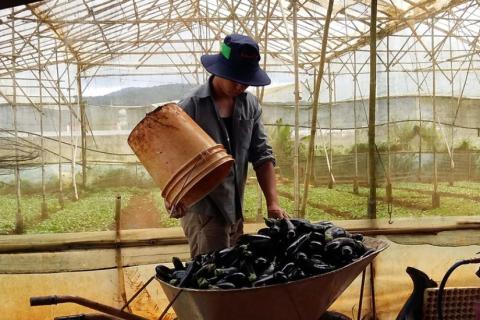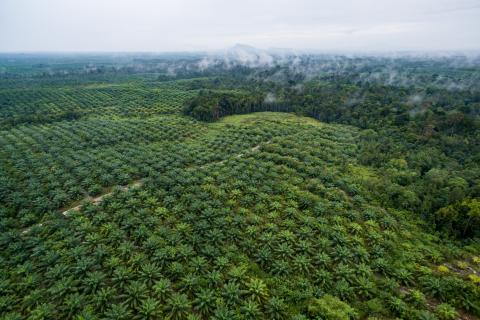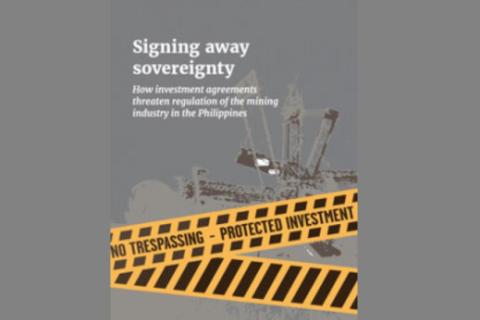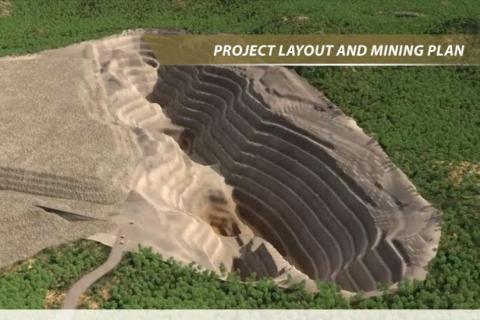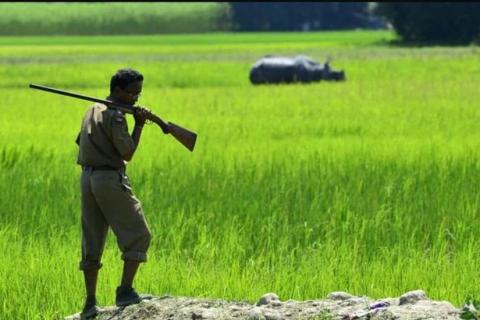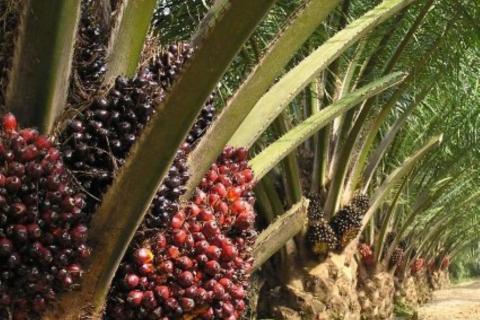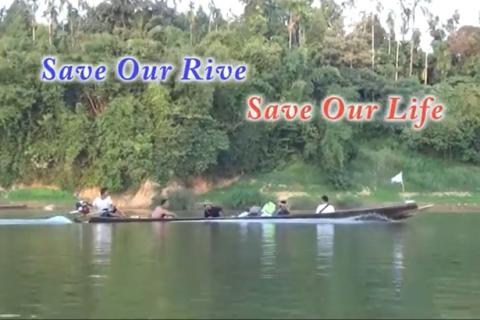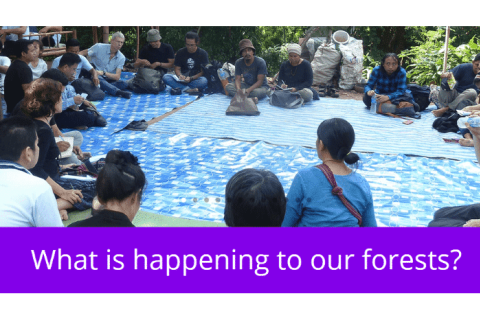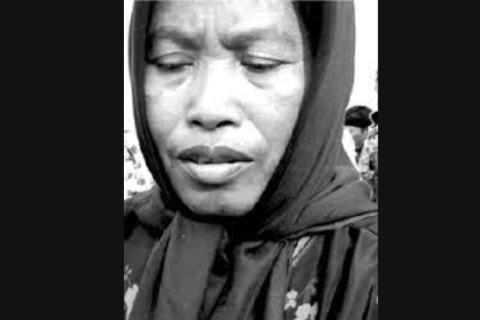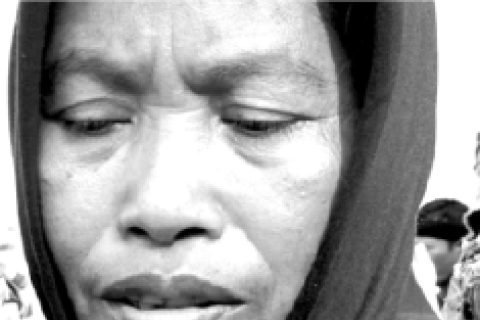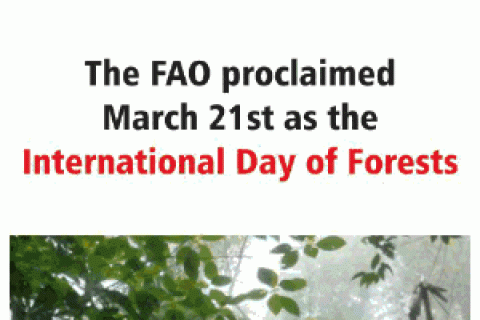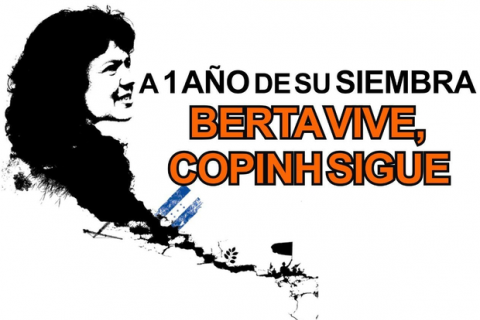The world's largest agribusiness corporations are rolling out a public-private partnership programme to take control of food and farming in the Global South. The programme is called Grow, and it is part of the "New Vision for Agriculture", an initiative of the World Economic Forum (WEF) that was launched in 2009 and is led by 31 of the WEF's "partner" companies involved in the food business.
Other information
SwissInfo in conversation with Kartini Samon from GRAIN on the impacts of industrial oil palm production on communities and on the role of Swiss banks in financing land grabbing by funding expansion of oil palm plantations in Indonesia.
In the last decade, the Philippines has bet heavily on the mining industry, with 47 large-scale mines in operation and growing evidence of their social and environmental costs. The briefing argues that the country’s ability to properly regulate or close polluting mines will be severely constrained by a network of investment treaties the Philippines has signed, which provide excessive protection for foreign investors.
If the project goes ahead, the Montagne d'Or project, scheduled to start mining in 2018, would become the largest gold mine on French soil. Not only will it have serious human and environmental impacts, it will also open the floodgates for other mining multinationals in French Guyana, and expand mining exclusively for the luxury jewellery market. Industrial demand for gold accounts for only 8 percent of gold currently mined. The recycling sector supplied three times that amount in 2015.
Across the world, indigenous peoples face arrests, harassment, torture and death in the name of nature conservation. The Kaziranga National Park in India is but one infamous example of this inhumane tendency. Fifty people have been extrajudicially executed by park guards at the infamous “shoot-to-kill” national park in the last three years. Tribal people face being shot, beaten, tortured and killed at the hands of heavily armed park officials. Last year guards shot a 7 year-old boy who is now maimed for life.
On 21 March 2017, Malaysian NGOs The Consumers’ Association of Penang (CAP) and Sahabat Alam Malaysia (SAM) joined worldwide action against the UN Food and Agriculture Organisation's (FAO) forest definition. About 200 groups have renewed the call for the FAO to amend its misleading definition of forests which has allowed industrial tree plantations to expand.
"Water is life. If we don't protect the Tanintharyi River, the lives and livelihood of local villagers who depend on the river will be destroyed", a local villager from the Tanintharyi River basin says in the introduction to the film. "We must prevent the destruction of the river for the sake of future generations. We gather here to show our disagreement with gold mining in the Tanintharyi River", he explains.
From 21-25 November 2016, about 50 people, involved in struggles to defend the territories, forests and livelihoods of forest-dependent communities, came together in Thailand for a field visit to the Northeast of the country, followed by a 3-day meeting in Bangkok. Besides a delegation from Thailand, other participants came from Myanmar, Cambodia, Vietnam, the Philippines, Indonesia, Malaysia and India. The aims of the gathering, which focused on the central question of ´What´s happening to our forests?
In Indonesia, resistance against the cement production complex of the Indonesian company Semen Indonesia which willl destroy the Kendeng karst forest area in uphill Java, has been growing. Patmi, a woman from one of the villages in the district of Tambakromo traveled to the capital Jakarta to join protests against the forest destruction for the cement production. She died on March 21st, possibly of a heart attack, after days of sit-in protest in front of the Presidential Palace in Jakarta.
An obituary.
By Hendro Sangkoyo (1)
We have created this animated gif showing why the FAO must change its forest definition, to be shared on the social networks. Please feel free to do so!
Only available in Spanish.
Convocatoria del COPINH (Consejo Cívico de Organizaciones Populares e Indígenas de Honduras):
